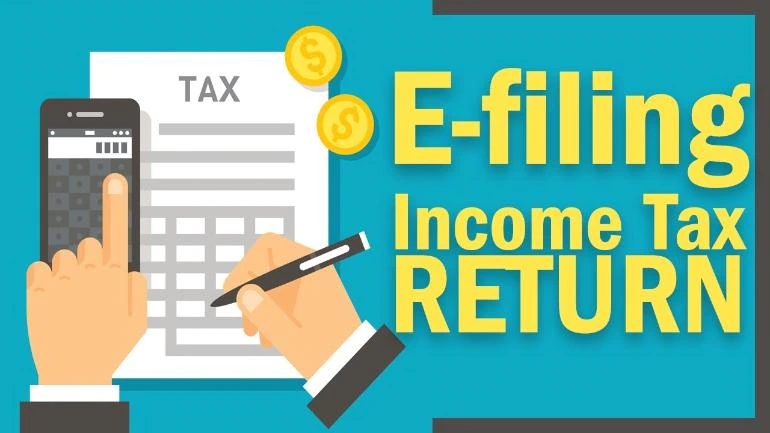
Income Tax Return Filing (ITR-1,2,3,4,5,6,7)
Income Tax Return is a form which is used to file the income tax with the Income Tax Department. Income tax is a tax imposed by the Central Government on income of a person. Filing income tax is every citizen’s responsibility. The IT department verifies these declarations of income and if any amount has been paid in excess, the department refunds the amount to the assessee’s bank account. All entities are required to file the taxes on time to avoid penalty.
The form that contains information of income and tax paid of an assessee is called Income Tax Return. The Income Tax Department of India has various forms for it such as ITR 1, ITR 2, ITR 3, ITR 4S, ITR 5, ITR 6 and ITR 7.
Things to remember during income tax return filing
- Do not wait for the due date to file the IT return.
- Always collate all the documents needed to file ITR
- Pick the correct IT return form. This is important.
Why file IT returns?
The advantages of filing for IT returns are:
- Loans: Bank loans like education loans, vehicle loans, personal loans, can be availed easily as they require last three year’s IT returns.
- Visa: As Immigration centres scrutinize many documents and IT returns proofs is a mandatory document for visa applicants.
- Avoid penalties: Heavy amounts would be charged for non-filing of income tax returns and hence it is always better to file it to avoid legal repercussions.
IT Tax Refunds & Taxpayers Responsibility
A taxpayer becomes eligible for tax refund when an excess amount of tax is paid than the actual tax liability. In order to claim the refund the taxpayer must have filed the returns within the due date.
Tax payers usually receive notices by the IT department to ensure they complete the filing process without any delays. Any loss against house property, depreciation, business loss and any form of loss not set off against the income can be carried forward to the subsequent years.
Documents required for Income Tax Filing in India
- Bank statements
- Proof of investments
- T.D.S. Certificates in Form 16 or 16A as applicable
- Documents on purchase and sale of investments/assets
- Challan of tax paid such as advance tax or self-assessment tax
- If PAN is applied but not received, a copy of filed PAN application and its acknowledgment
- In case not applied for PAN, a PAN application form duly filled in and two passport size photographs
- For businesses – a copy each of the audit report, balance sheet, trading, profit and loss account, personal account of proprietor or partners
- Statement of receipts and payments when no regular books are maintained
- Receipts of payment of insurance premium, provident purchase of NSCs, new equity shares, mutual fund, NSS, donations, etc. to support claimed deductions
- When it is mandatory to file return of income ?
- It is mandatory to file return of income for a company and a firm. However, individuals, HUF, AOP, BOI are mandatorily required to file return of income if the income exceed basis exemption limit of Rs 2.5 lakhs. This limit is different for senior citizens and super senior citizens.
- Can i file return of income even if my income is below taxable limits ?
- Yes, you can file return of income voluntarily even if your income is less than basic exemption limit
- What documents are to be enclosed along the return of income?
- There is no need to enclose any documents with the return of income. However, one should retain the documents to produce before any competent authority as and when required in future.
- Should I disclose all my income in the return even if it is exempt?
- Yes. Income from every source including exempt income must be disclosed. The same can be shown under the Schedule EI.
